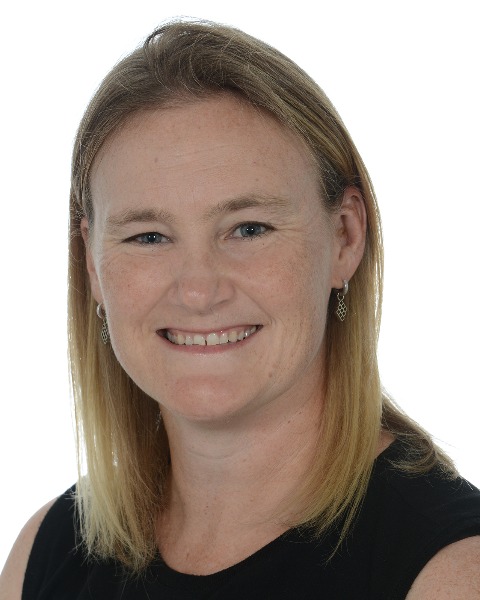Biobanking and genomic databases
Equity and justice in genetics
Public Health
05- The promise of comprehensive retention and research use of residual newborn screening bloodspots
Monday, June 10, 2024
5:00 PM - 7:00 PM ET
Location: The Gallery

Erin Johnson, PhD
Assistant Research Professor
University of Utah, United States
Presenter(s)
Residual newborn screening dried bloodspots (rDBS) can represent a sample of biospecimens from the entire US population if all states created systems to retain samples and make them available for research use. Our research team previously published a scoping review exploring the types and extent of research being published using rDBS. At the time, 55% of the identified studies originated outside the US, and those within the US only came from six states: California, New York, Washington, North Carolina, Texas, Michigan or a combination of multiple of those states.. Most of the published research was biomedical research involving diseases that were not part of the newborn screening program at the time, largely focused on improving understanding of an inborn genetic disease, or infectious, toxicological, or other biomedical concern related to relevant childhood diseases. These results highlight the incredible opportunity we have as a nation to address health disparities through research into conditions that disproportionately affect those commonly experiencing health disparities, but only if we have access to a truly representative sample of biospecimens from across the US. The NBS program could play an important role in identifying and addressing key health or population disparities by providing copious samples from diverse populations. Our presentation will provide an updated examination of publications since 2017 and lead the audience in a thought experiment exploring what researchers could accomplish and how genomic science could be beneficial in addressing health disparities through the newborn screening program.